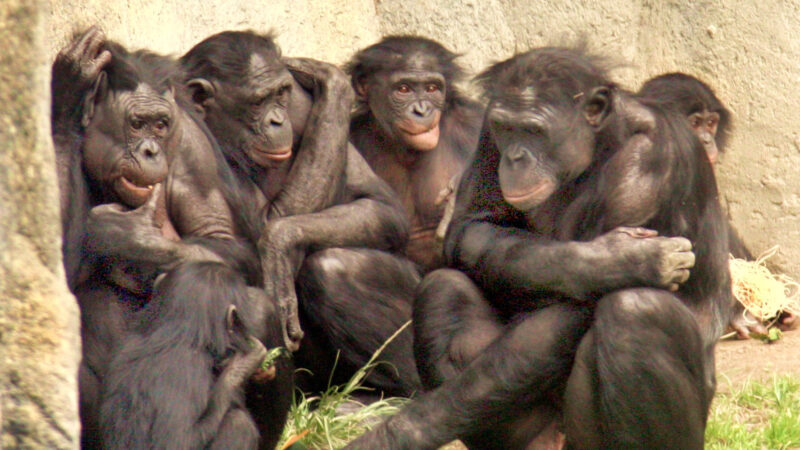Is it True that Multilinguals Develop Multiple Personalities?
Is it True that Multilinguals Develop Multiple Personalities?
In the world there are many bilinguals and multilinguals. If you are among them, you may have noticed a strange phenomenon: you behave differently according to the language you speak. In one language you may be ruder or louder and interrupt more, while in another one you may catch yourself being more introvert and shy, or more self-confident and funnier.
Many multilingual people have noticed such changes in the manifestation of their personality when they switch from one language to another, and the topic has raised the interest of linguists.
Multiple languages, multiple cultures
Research has shown that bilinguals’ behaviour indeed changes according to the language. However, explanations for the reasons of this phenomenon vary, in what is a lively and still open scientific debate.
Many linguists have pointed out that changes in “personality” may not be due to the language, but rather to the cultural context[1][2]. A cultural context usually obliges us to use a certain language, as well as respecting certain social norms – such as being more or less loud and direct, more or less agreeable and extrovert, and respecting different tabus in choosing our topics of conversation. Our behaviour can change according to the perceived cultural norms we associate with the language we are speaking, even when the context does not necessarily require it.
This is particularly true for so-called “bicultural bilinguals”, namely people that grew up between two cultures, or two communities with different social norms. For these people, the intertwining between a language and specific cultural references is particularly strong, and switching the language often means switching the culture too.
On the other side, many bilinguals grow up in a single culture, while others only become fluent in a second language when they are adults. To what extent do they transfer their culture and their way of thinking into their second language? And, on the other side, to what extent does the language we speak influence our perception of reality in a specific way, for instance due to its vocabulary? Linguists still don’t have a definitive answer to these questions.
More rational decisions
Some point out that, for people who acquire a second language later in their life, the level of proficiency also determines changes in social behaviour. After all, how can you make jokes if you don’t know enough words or nuances? How can you express the complexity of your emotions if your vocabulary does not have enough breadth?
It takes a long time to become fluent in a language, and even more to develop an emotional reactivity to it. Researches show that when we make a decision in a foreign language, we tend to be more rational, less impulsive and less biased. This is because our brain takes longer to process decision making, and because we don’t attach the same emotional charge to words as we do in our first language[3].
Is all this a change in personality? In the end, what we are do, think and feel. Whatever the reason, being multilingual is always an opportunity to discover more on ourselves.
______________________________
Join us or come take a look!
We are a group of people convinced that language skills should be valued. That is why we created Kolimi, the first international social network connecting multilingual professionals from all fields of work to the people who need their services.
Join us to find new opportunities, or follow us on Facebook, Twitter, YouTube or LinkedIn to discover new things about languages!
______________________________
References
[1] The Economist







